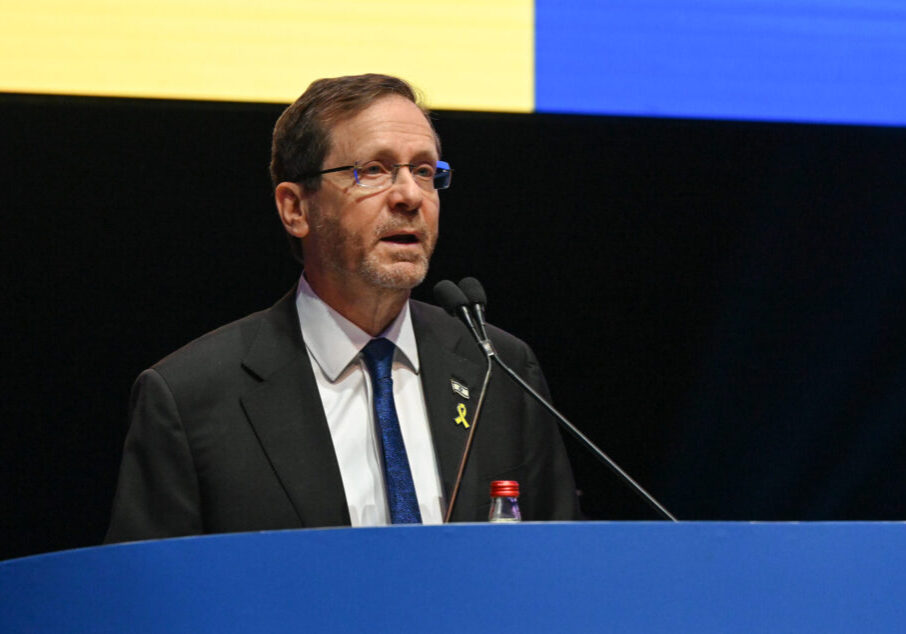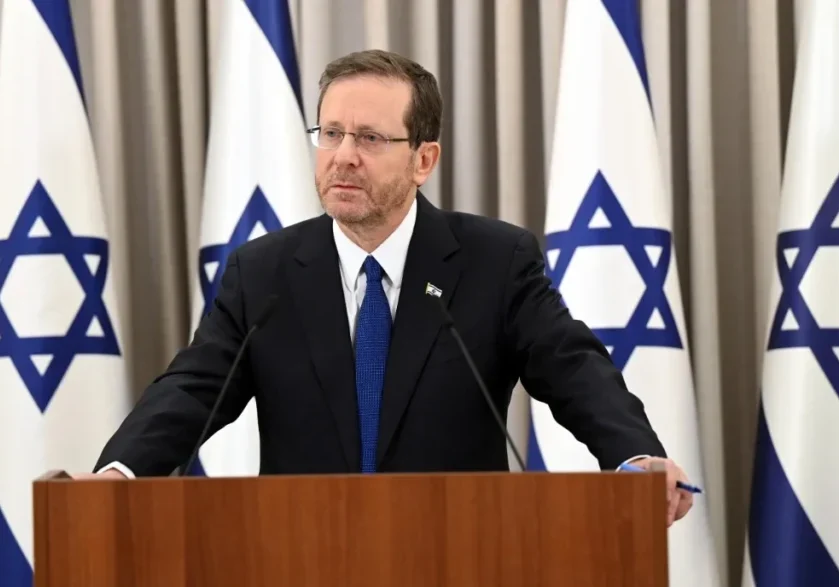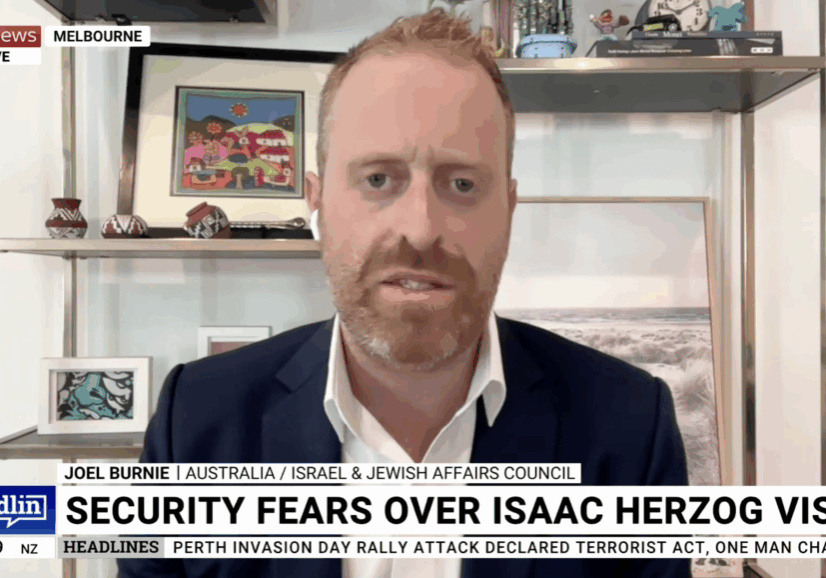Australia/Israel Review
Deconstruction Zone: True Colours
Jul 29, 2008 | Bren Carlill
Bren Carlill
True Colours
Israel and Hezbollah revealed their true colours last month. On July 16 they carried out a macabre exchange – bodies for Israel; live prisoners and bodies for Hezbollah.
In and of itself, the exchange didn’t reveal a great deal. It’s the events leading up to and following it that tell us so much.
The bodies Israel received were of Ehud Goldwasser and Eldad Regev, two soldiers who, on a routine patrol inside Israel’s northern border on July 12, 2006, were ambushed by Hezbollah. Their comrades were killed, and the two men were spirited across the border. The incident, a gross violation of international law, sparked the 2006 Hezbollah-Israel war.
For two years, Hezbollah refused to give details on the condition of the two men. Their families never knew if they were alive or dead. Even in the negotiations that led to the exchange, Hezbollah refused to provide any details.
Goldwasser’s wife, Karnit, had been tireless in her efforts to raise awareness of her husband’s fate. Mrs. Goldwasser, who had been married less than a year when her husband was taken, has travelled the globe, pleading with governments and anyone who might have leverage in Lebanon to help bring her husband home. Her father-in-law, Shlomo Goldwasser, came to Australia for the same purpose, and was in Parliament House’s public gallery when Liberal MP Sophie Mirabella tabled a motion calling for Goldwasser’s release, to bipartisan support.
Such was Hezbollah’s obfuscation that on the day of the exchange, Israel had waiting at the border crossing a helicopter to take live men to their families; paramedics to treat them if they needed care; and coffins, should they be needed.
Sadly, it was the latter that were put to use. The families of the two soldiers, who had held out hope for two years, were finally reunited with their sons. Instead of celebration, they had to prepare funerals.
The national mourning in Israel is contrasted with national celebration in Lebanon, where five live prisoners were returned. Four of those prisoners were Hezbollah fighters captured in the recent war.
The fifth, however, is the central figure in Hezbollah’s and Lebanon’s celebrations. Samir Kuntar has long been a hero. When he arrived in Beirut, he was greeted by Lebanese President Michel Suleiman, Prime Minister Fouad Siniora, Parliament Speaker Nabih Berri, the entire cabinet and Hezbollah leader Hassan Nasrallah.
A sign in Kuntar’s hometown reads, “Samir Kuntar is the conscience of Lebanon, Palestine and the Arab nation.”
What fantastic escapade did Kuntar undertake to achieve this heroic status? What blow to the evil Zionists did he inflict to inspire such rhetoric?
In 1979, Kuntar snuck into Nahariya – Ehud Goldwasser’s hometown – and held hostage civilian Danny Haran and his family. Danny’s wife was hiding in a crawlspace above her bedroom with their two-year-old. She later wrote in the Washington Post, “As I lay there, I remembered my mother telling me how she had hidden from the Nazis during the Holocaust. ‘This is just like what happened to my mother,’ I thought.”
In a desperate attempt to prevent her baby’s crying from revealing their presence, Mrs. Haran held her hand over her daughter’s mouth. Tragically, in doing so, Mrs. Haran accidentally suffocated her baby, and has had to live with this knowledge ever since.
Later, Kuntar took Danny Haran and his four-year-old daughter to a nearby beach. There, he shot Haran in front of his daughter and, when he realised he couldn’t escape, smashed the girl’s head between a rock and the butt of his rifle. Some hero.
Kuntar’s handlers announced his attack was in protest at Israel signing a peace treaty with Egypt.
Palestinians are joining in on the celebrations. The exchange also saw the handing over of the remains of Dalal al-Mughrabi. A contemporary of Kuntar, she took part in a terrorist attack that killed 36 Israelis and an American in 1978 and was killed in the fighting. Describing her as “a symbol for the Palestinian nation,” the Palestinian Authority has named a handful of schools, a kindergarten and a summer camp in her honour.
During his imprisonment, Kuntar was allowed conjugal visits. He earned a degree in social science. In contrast, the last time Hezbollah had a live Israeli captive, they pulled his teeth out, then kept him for three years in a cage so small he couldn’t stand up straight in it.
Ehud Goldwasser’s father said, “If Hezbollah’s great achievement is the release of Kuntar, who is nothing but a repulsive murderer, then I pity them.”
My sentiments exactly.
Tags: Israel






